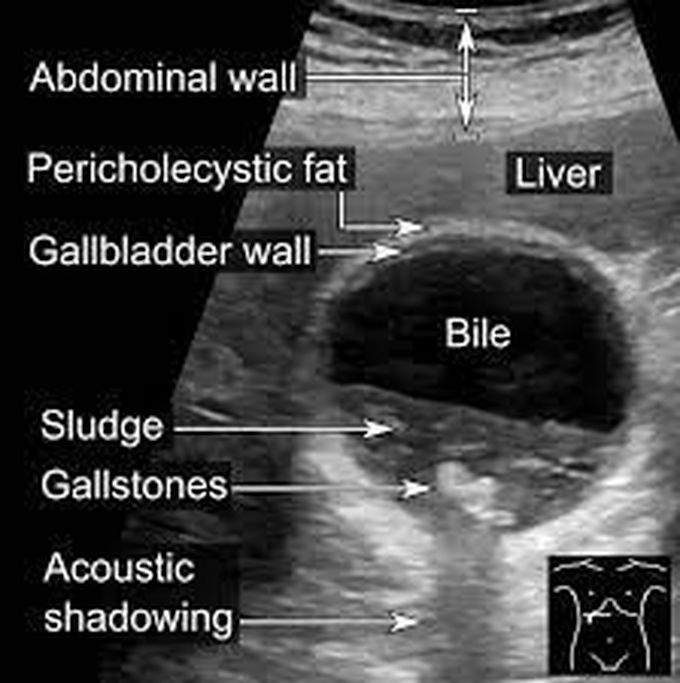


Complications of gall bladder sludge
Sometimes, gallbladder sludge will resolve without causing any symptoms or needing treatment. In other situations, it can lead to gallstones. Gallstones can cause upper abdominal pain and may require surgery. In some cases, these gallstones can cause an obstruction in the bile duct. This is a medical emergency and requires immediate treatment. Gallbladder sludge can cause or contribute to cholecystitis, which is an inflamed gallbladder. If your gallbladder causes frequent or chronic pain, your doctor will likely recommend removing it entirely. In very severe cases, inflammation can cause erosion in the wall of the gallbladder, leading to a perforation that leaks the contents of the gallbladder into the abdominal cavity. This is most common in older adults. Gallbladder sludge may also cause acute pancreatitis, which is inflammation of the pancreas. This can cause enzymes to be active in the pancreas instead of the intestines, leading to inflammation. The inflammation can cause a systemic response, leading to shock or even death. This can occur if the gallbladder sludge or gallstones block the pancreatic duct.

